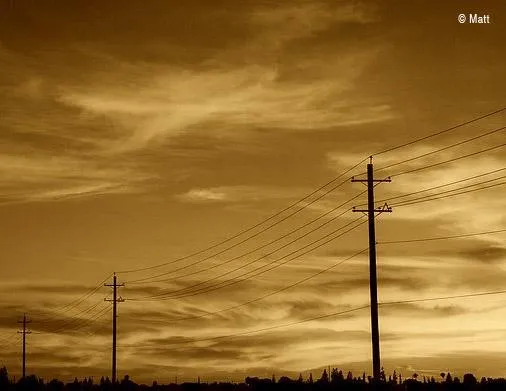Now to complete the promise of Lifeline

As Speed Matters has often reported, the digital divide is primarily one of income. People with the lowest incomes are those least likely to have a home Internet subscription. With each passing day, a lack of Internet means isolation from society and missed opportunities.
As Brookings Institute fellow and CEO of Gig.U Blair Levin recently wrote, there is a remedy. “To help address this inequity,” he wrote, “the Federal Communication Commission (FCC) has a program – called Lifeline – specifically targeting telecommunications service for low-income persons. Unfortunately, the program is stuck in the 1980s and continues to only subsidize voice service, ignoring broadband entirely.”
As we saw last week, the FCC made significant moves to upgrade its E-rate program, raising its budget cap $1.5 billion, and improving high-speed connection to schools and libraries. The commission also raised the Connect America Fund’s benchmark speed to 10/4 mbps, which will aid Internet subscribers in rural America.
Lifeline is a program which not only helps subscribers, it guarantees connection – however, just with telephones, not Internet.
As FCC Commissioner Jessica Rosenworcel said last week, “Universal service is a cherished principle in communications.... And it was Congress who expanded on this notion by adding new principles to guide universal service policy in 1996. As a result, the duty to preserve and advance universal service is the law of the land.”
But, she said, “The law also now requires the Commission to ensure that universal service evolves over time.” It must be made to apply to the Internet.
And, Rosenworcel also addressed the educational divide between those who have home Internet and those who don’t. Adding Internet to the program “would modernize the Lifeline program – and also help address the Homework Gap. The Homework Gap is the cruelest part of the digital divide. But it is within our power to bridge it, help kids get their schoolwork done, and expand Internet access.”
Rosenworcel’s colleague, Commissioner Mignon Clyburn also said on the same occasion, “And we are not resting because there is more to do to connect the millions who still lack access. Broadband has the potential to change and improve the daily lives of these Americans, from education, healthcare, economic empowerment to civic engagement, may be life changing.”
The changes appear to be imminent.
During the FCC open meeting on E-rate, Wheeler was asked about priorities for Lifeline and moving the process forward. Wheeler replied that there are currently three votes (out of five on the commission), and that “We ought to make sure that it covers broadband.”
Speed Matters fully supports these proposed changes to our Lifeline program, which should ensure exactly what Congress intended in 1934: universal service of the current technology.
Bringing Lifeline into the Broadband World (Brookings, Dec. 5, 2014)
Rosenworcel on rural broadband speed increase (FCC statement, Dec. 2014)
Rosenworcel on modernizing the E-rate program (FCC statement, Dec. 2014)
Clyburn on rural broadband speed increase (FCC statement, Dec. 2014)
CWA members oppose AT&T’s attempts to stop serving rural and low-income communities in California
CWA urges FCC to deny industry attempts to loosen pole attachment standards
CWA District 6 reaches agreement with AT&T Mobility



